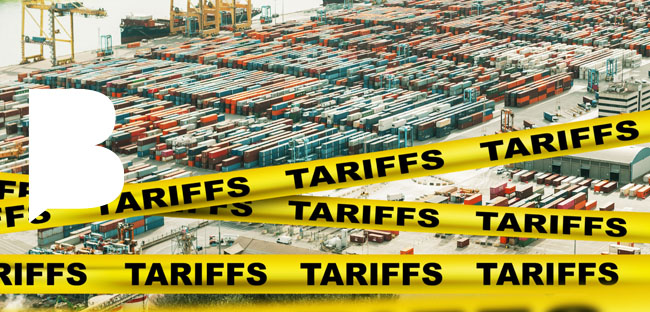The European Commission will soon launch a consultation on its upcoming Data Union Strategy, a key part of efforts to boost Europe’s leadership in AI.
The strategy, set to be published by the end of the year, aims to make it easier for businesses and public bodies to share data securely and efficiently across the EU.
The initiative supports the broader AI Continent Action Plan, expected to be unveiled this week, which seeks to encourage faster adoption of AI technologies by European companies.
Instead of relying on fragmented systems, the Commission wants to improve data access, digital infrastructure, and cloud capabilities while investing in talent and streamlining complex processes.
The plan includes the creation of AI factories where companies can train models using EU-based resources, and a separate Cloud and AI Development Act later this year will promote energy-efficient investments to support these goals.
Public feedback on the Data Union Strategy will be gathered from April to June as part of the consultation process.
Despite the ambition, the Commission acknowledges ongoing concerns such as uncertainty around international data flows and challenges accessing suitable data for generative AI.
Strict privacy laws like the GDPR, instead of enabling wider AI training, have led to frustration from major tech firms over regulatory delays in Europe.
For more information on these topics, visit diplomacy.edu.










